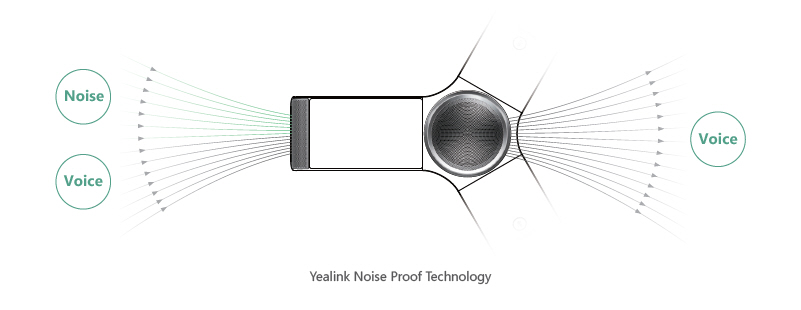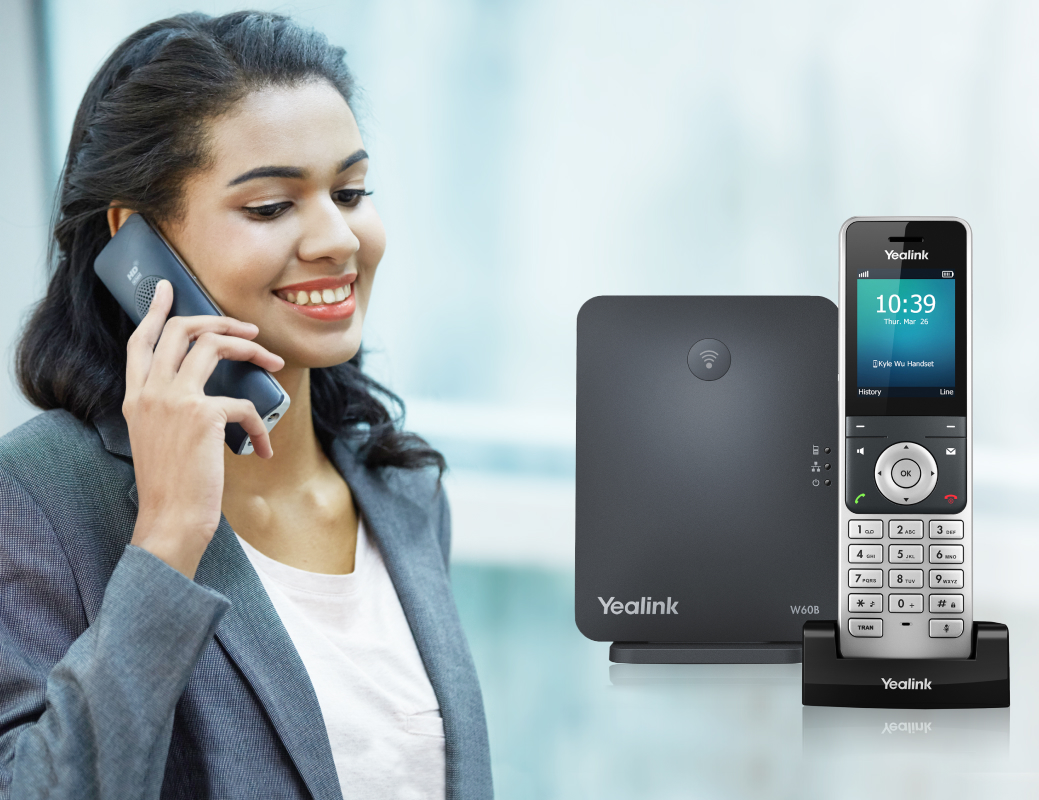Introduction
In today's interconnected world, the ability to communicate across borders is more crucial than ever. Traditional phone systems often impose hefty charges for international calls, making it expensive for individuals and businesses alike to stay in touch with family, friends, and clients abroad. This is where Voice over Internet Protocol (VoIP) phone systems come into play, offering a cost-effective alternative that has revolutionized international calling. In this comprehensive guide, we will delve into the various international calling options available through VoIP phone systems, exploring their features, benefits, and how they can enhance your communication strategy.
Understanding VoIP Phone Systems
What Is VoIP?
Voice over Internet Protocol (VoIP) is a technology that allows users to make voice calls using the internet instead of traditional telephone lines. By converting voice signals into digital data packets, VoIP enables seamless communication across long distances without the constraints of conventional telephony.
How Do VoIP Phone Systems Work?
VoIP phone systems operate by routing voice calls through the internet. Here's a simplified breakdown of the process:
Conversion: Your voice is converted into digital data. Transmission: The data travels over the internet to the recipient's device. Reception: The recipient's device converts the data back into audible sound.This process occurs in real-time, allowing for instantaneous communication.
Benefits of Using VoIP Phone Systems
- Cost Efficiency: Significantly lower rates for international calls compared to traditional telephony. Flexibility: Make and receive calls from various devices—smartphones, computers, or dedicated VoIP phones. Enhanced Features: Access to advanced functionalities like call forwarding, voicemail-to-email transcription, and video conferencing.
Exploring International Calling Options with VoIP Phone Systems
International calling options provided by VoIP phone systems are diverse and tailored to meet individual needs. Whether you are a frequent traveler or a business looking to expand globally, understanding these options can optimize your communication strategies.
Types of International Calling Plans
1. Pay-As-You-Go Plans
These plans charge users per minute for international calls. They are ideal for infrequent callers http://johnnyxhjj570.timeforchangecounselling.com/the-evolution-of-communication-from-landlines-to-advanced-voips who do not want to commit to a monthly plan.
2. Monthly Subscription Plans
For those who regularly make international calls, subscription plans offer unlimited calling to specific countries or regions at a flat fee.
3. Bundled Services
Many service providers bundle international calling features with other services such as internet and TV, providing comprehensive solutions at competitive prices.
Evaluating Different Providers
When selecting a VoIP service provider for international calls, consider factors such as:
- Call quality Coverage areas Customer support Pricing structures
Key Features of VoIP Phone Systems for International Calling
High Definition Voice Quality
One of the standout features of modern VoIP systems is their ability to deliver high-definition audio quality that surpasses traditional landlines.
Number Portability
With VoIP services, users can retain their existing phone number even while relocating internationally—a significant advantage for businesses maintaining customer relationships.
Conference Calling Capabilities
VoIP systems often include robust conference calling features that allow multiple participants from different locations worldwide to join discussions seamlessly.
The Role of Internet Connectivity in VoIP Systems
Internet Speed Requirements
For optimal performance with VoIP phone systems, a stable internet connection is essential. Generally, an upload speed of at least 1 Mbps per user is recommended.
Wi-Fi vs Wired Connection
While Wi-Fi offers convenience and flexibility, wired connections typically provide better stability and lower latency—critical factors for clear voice communication during international calls.
Security Measures in VoIP Phone Systems
As with any internet-based service, security concerns are paramount when using VoIP phone systems for international communication.
Encryption Protocols
Most reputable VoIP providers employ encryption protocols such as Secure Real-Time Transport Protocol (SRTP) to protect your conversations from eavesdropping.
Firewalls and Anti-Virus Software
Implementing robust firewalls and anti-virus software can further secure your network against potential threats associated with internet telephony.
Comparing Traditional Telephony vs. VoIP Systems for International Calls
| Feature | Traditional Telephony | VoIP Phone Systems | |-----------------------|-----------------------|---------------------| | Cost | High | Low | | Flexibility | Limited | High | | Call Quality | Variable | High Definition | | Additional Features | Limited | Extensive |
The table above clearly illustrates how VoIP phone systems outshine traditional telephony when it comes to making international calls.
Real-Life Applications of VoIP Phone Systems in International Communication
For Businesses Expanding Globally
Companies looking to establish branches overseas benefit immensely from integrating VoIP solutions into their communication framework.
For Personal Use Among Families Abroad
Families spread across different continents can utilize affordable international calling plans offered by various providers through their existing home networks or mobile applications.

Common Challenges When Using VoIP Phone Systems
Despite their many advantages, users may encounter challenges when employing VoIP systems for international calling:
1. Dependency on Internet Connection
A reliable internet connection is crucial; any disruption can lead to dropped calls or poor audio quality.
2. Technical Issues
Users may face difficulties related to setup or configuration but often find support resources readily available through their service provider’s customer service channels.
FAQs
Q1: What equipment do I need to use a VoIP phone system?
A1: To use a VoIP system effectively you typically need an internet connection (either wired or wireless), an IP phone or compatible device (such as a computer or smartphone), and sometimes additional adapters depending on your setup requirements.


Q2: Are there hidden fees associated with using a VoIP service?
A2: While many providers advertise low rates upfront, it's essential to read the fine print as some might have hidden fees associated with installation or certain features that could increase overall costs unexpectedly.
Q3: Can I use my current number with a new VoIP provider?
A3: Yes! Most reputable providers offer number portability services so you can keep your existing number when switching providers without any hassle.
Q4: How does call quality compare between traditional phones and VoIP?
A4: Generally speaking, call quality on modern VoIP systems tends to be superior due largely due its reliance on high-speed internet connections which allow clearer audio transmission compared traditional analog lines which can suffer interference and noise issues
Q5: Is it possible to make emergency calls using a VoIP system?
A5: Yes! However regulations regarding emergency dialing vary by country/region so it's important check if your chosen provider offers local emergency services access before relying on them solely during emergencies
Q6: What should I do if I experience poor sound quality during my call?
A6: If you're experiencing poor sound quality try ensuring that all other devices connected on same network aren’t consuming bandwidth heavily; also check whether there's any issues related either router settings firewall configurations affecting connectivity performance
Conclusion
In conclusion, exploring international calling options with VoIP phone systems reveals an exciting landscape filled with opportunities for enhanced communication at affordable rates. From personal connections across continents to facilitating global business interactions seamlessly—the benefits are endless! As technology continues evolving rapidly embrace innovations surrounding voice over Internet protocol; leverage them strategically within everyday life situations bolster productivity improve connectivity ease barriers distance brings people together regardless geographical limitations ensure experiences shared flourish beyond mere texts emails alone bringing smiles laughter joy heard personally one another’s voices again!
This exhaustive guide should serve as your ultimate resource when considering adopting or optimizing your usage of "Exploring International Calling Options with VoIP Phone Systems." With insights spanning technical specifications all way through practical applications benefits involved—this knowledge empowers informed decisions enabling richer more fulfilling relationships both professionally personally!